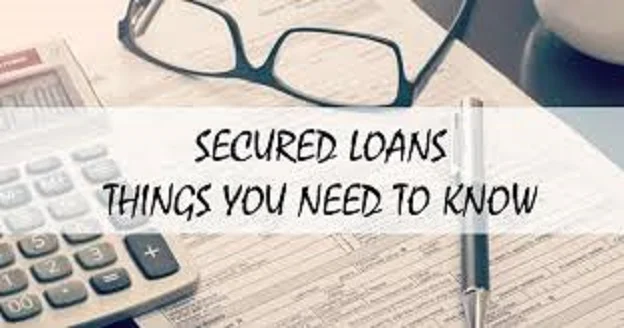Understanding How to Use Collateral for a Secured Loan

It is important to be able to have access to loans when you need them. Sometimes you will need to provide a lender with collateral in order to receive the favourable loan terms that you are looking for; this is typical of secured loans. If you have yet to secure a loan with collateral, then you may not understand how the process works. There are specific things that will be accepted as collateral, and knowing what they are as well as the benefits is important.
Why is collaboration necessary?
Collateral is necessary for loans when the lenders need assurances. Sometimes people with less than stellar credit will need access to loans. If the lender deems the loan to be risky, then having collateral in case something goes awry will limit their risks. This makes it easier for them to justify giving you the loan, and it can wind up giving you more favourable terms.
What are the benefits of using collateral for a loan?
There are various benefits to using collateral to get a secured loan. The most apparent benefit is that it allows people with less than perfect credit to get the loans that they need. This can lower the interest rates on the loan and will also make the approval process go smoother. If you want to get a loan and your credit score is less than 700, then it might be in your best interests to use collateral to make things as manageable as possible.
What are the negatives of using collateral for a loan?
The negatives of using collateral for a secured loan are pretty easy to understand. You are using your assets to secure the loan, so if something goes wrong, you could potentially lose those assets. If your vehicle is being used as collateral to secure the loan and you don’t pay it back, then your car could get repossessed. Also, sometimes these loans are long-term, and you can get stuck paying interest for a long period of time if you don’t plan ahead.
What is accepted as collateral?
The type of collateral that is accepted for a loan will depend on the type of loan that you are applying for. Generally speaking, there are three types of loans that you will be able to seek out: personal loans, business loans or commercial finance, and auto loans. Each of these three types has differences in the types of collateral that you can use to secure a loan.
Personal loans allow you to use real estate, home equity, vehicles, and even your pay checks as collateral for a loan. There are also cases where savings accounts, investment accounts, and valuables are accepted as collateral. The most common collateral that is used for these purposes is definitely real estate, vehicles, and home equity.
Business loans allow people to use similar things as collateral but will also add in a few options. You can use business assets such as inventory, machinery, or a blanket lien as collateral. Auto loans will allow you to use the car that you are purchasing as collateral or other vehicles that you already own. No matter what type of loan you are applying for, the value of your assets will need to be determined before moving forward.
